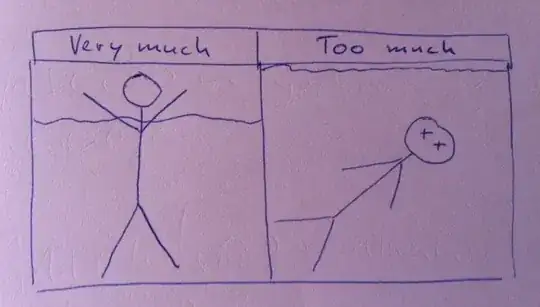The Indo-European languages that I know (Dutch, English, German, French, Spanish) all make a distinction between "too" (meaning "to a higher degree than is desirable, acceptable or allowed") and "very"(it is "used for emphasis").
However, I have noticed that at least two of my Chinese language partners did not make this distinction when speaking German. For example, while looking at the price of a book on a website, one said, "Oh, too expensive." On another occasion, another said, "I'm too tired", but upon further questioning, it turned out that she meant "very tired".
When I asked one of my language partners explicitly what the difference was between "zu" (German for "too") and "sehr" (German for "very"), he answered without a shred of hesitation that they meant the same thing. (The origin of this confusion - from a Western point of view - appears to be that 太 tài can be used to mean either.)
I have tried to explain the difference in German with some example sentences, but since the problem is not specific to German, I would like to know how others have tried to explain the difference (in German, English, French, Spanish, etc.).
